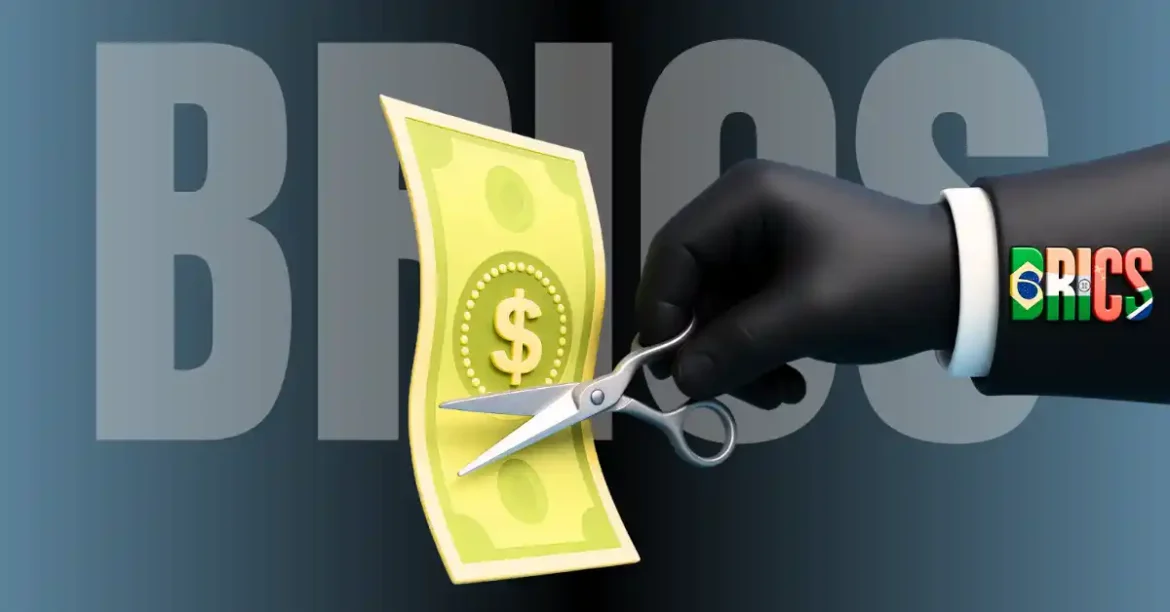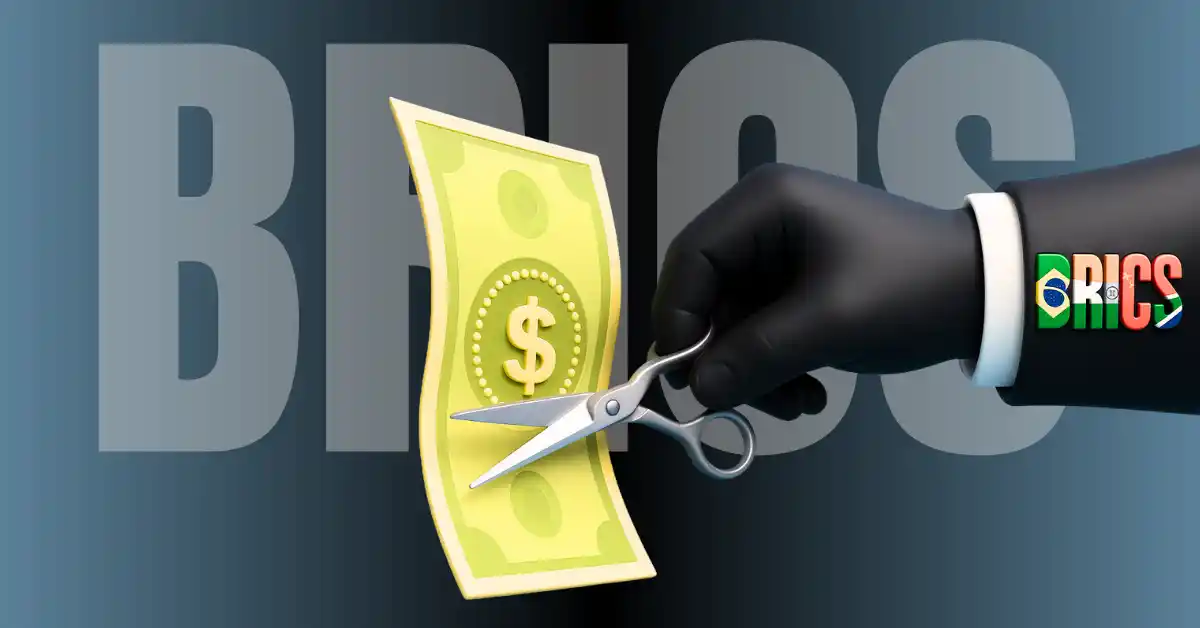A New Economic Order? Analyzing the Proposed BRICS Investment Platform
The recent BRICS summit in Russia, hosted by Vladimir Putin, has centered around a significant proposal: the creation of a new investment platform aimed at bolstering economies within the Global South. This initiative, spearheaded jointly by Putin and Xi Jinping, signals a concerted effort to establish a financial and economic system that rivals Western dominance. The proposal isn’t occurring in a vacuum; it’s a response to perceived limitations and inequities within the existing global financial architecture, and a strategic move to deepen ties between key emerging economies.
The Core Proposal: A Platform for the Global South
The central idea, consistently reiterated by both Putin and Xi, is the establishment of a dedicated investment platform under the BRICS umbrella, explicitly designed to channel resources towards nations in the Global South and East. This platform isn’t envisioned as a simple funding mechanism, but as a comprehensive tool for economic support. Putin has described it as a “powerful tool” capable of providing financial resources and supporting the economies of partner nations. The focus extends beyond mere capital injection, encompassing key areas like technology, trade, sustainable growth, urbanization, and improvements in labor productivity.
The platform’s potential scope is broad. Putin specifically highlighted the need to promote low-emission economic models and proposed a BRICS grain exchange to secure food supplies, demonstrating an ambition to address critical global challenges alongside economic development. Furthermore, the integration of digital assets into the platform, as suggested by Putin, points towards an exploration of innovative financial technologies to facilitate investment and potentially circumvent traditional Western-controlled financial systems.
Deepening Russia-China Alignment and Challenging Western Influence
The driving force behind this initiative is the increasingly strong partnership between Russia and China. Both nations are actively seeking to reduce their reliance on Western financial institutions and explore alternative economic alliances. The proposal for a BRICS investment platform is a natural extension of this trend, aligning with their broader efforts to build economic blocs like the Shanghai Cooperation Organization.
This isn’t simply about economic self-interest. Both Putin and Xi present the platform as a necessary alternative to a system they perceive as biased and restrictive. Putin’s statement, “We are forced to search for alternatives,” encapsulates this sentiment. The ambition is clear: to challenge the established global order and create a more multipolar world where the Global South has greater economic agency. Xi Jinping echoed this sentiment, expressing China’s willingness to work with BRICS nations to forge a new path for cooperation.
Beyond Investment: A Multifaceted Approach to Financial Independence
The proposed investment platform is just one component of a larger strategy to achieve financial independence from the West. Alongside the platform, Russia has been actively pushing for the development of a BRICS payment system – “BRICS Bridge” – designed to facilitate transactions in national currencies, bypassing the US dollar and mitigating the impact of Western sanctions. This system, known as BRICS Clear, aims to increase the circulation of national currencies within the BRICS bloc.
Furthermore, discussions at the summit extended to the creation of a BRICS digital asset platform, potentially offering new avenues for investment in developing markets across South Asia, Africa, and Latin America. Russia is also actively pursuing collaborations with BRICS partners in the field of artificial intelligence, aiming to challenge US dominance in this crucial technological domain. These initiatives collectively demonstrate a comprehensive effort to build a parallel financial and technological infrastructure.
Expansion and Internal Dynamics of BRICS
The timing of this proposal coincides with a significant expansion of the BRICS bloc, with new members poised to join in 2024. This expansion is intended to enhance the group’s global representativeness and strengthen its collective economic weight. However, it also introduces potential challenges. A larger, more diverse BRICS will inevitably face greater internal divisions and competing interests.
While the ambition is to present a united front against Western influence, the differing priorities and economic realities of member states could complicate the implementation of the proposed investment platform and other initiatives. Successfully navigating these internal dynamics will be crucial for the long-term success of the BRICS project. The addition of new members also raises questions about the cohesiveness of the group and the potential for diverging agendas.
Potential and Pitfalls: A Critical Assessment
The proposed BRICS investment platform holds considerable potential. It could unlock significant capital flows to the Global South, fostering economic growth and development in regions often overlooked by traditional Western investors. The focus on sustainable growth and technology transfer could also contribute to long-term economic resilience.
However, several potential pitfalls need to be considered. The success of the platform will depend on the willingness of BRICS nations to commit substantial financial resources and overcome internal bureaucratic hurdles. The platform’s effectiveness will also be contingent on its ability to attract private sector investment and ensure transparency and accountability.
Moreover, the geopolitical context cannot be ignored. Western nations are likely to view this initiative with skepticism, and may attempt to counter it through various means. The success of the BRICS platform will ultimately depend on its ability to deliver tangible benefits to the Global South and demonstrate a viable alternative to the existing global financial system.
A Defining Moment for Global Economic Order
The proposal for a BRICS investment platform represents a defining moment in the evolving global economic order. It’s a bold attempt to reshape the financial landscape, challenge Western dominance, and empower nations in the Global South. While the path forward is fraught with challenges, the initiative signals a clear shift in geopolitical and economic power dynamics. Whether this platform will truly unlock the potential of the Global South and establish a more equitable economic system remains to be seen, but its emergence undeniably marks a significant turning point in the 21st century.





